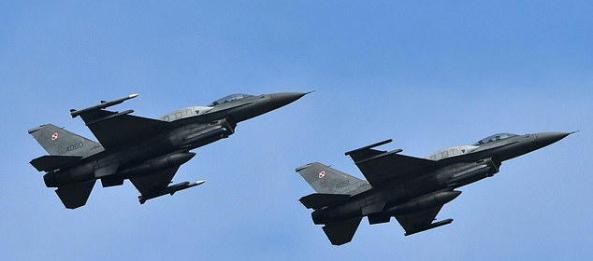The debate on defense policy requires to be dealt with much more seriously than through pelting Prime Minister Robert Abela with eggs, as happened last Tuesday during a political activity at Vittoriosa.
Whether we like it or not, 23 out of the 27 EU member states are members of NATO. Malta, Ireland, Austria and Cyprus are the exceptions. (Cyprus had its NATO membership application vetoed by Turkey.) It is a politically difficult situation which requires a tightrope walking skill. It is never going to be easy with the European defense industry leaders breathing down the neck of the EU leadership.
The defense industry, including that within the European Union itself, is undoubtedly lobbying intensively on a continuous basis. An EU defense budget running into several billion euros would definitely be in their interest! In 2023 the EU’s military spending reached a record €230 billion.
It is inevitable that in view of the Russian aggression in Ukraine the defense debate intensifies during the current EU Parliament electoral campaign.
One of the points raised by the outgoing President of the EU Commission Ursula von der Leyen is on whether it is appropriate to have an EU Commissioner entrusted exclusively with defense policy in the next Commission later this year. The European People’s Party (EPP) wants to substitute the top EU diplomatic job with a defense Commissioner post.
Defense, in all its aspects, is a matter reserved for the individual European Member states in terms of the EU treaties. I would have expected government spokespersons to be clear on this point. Unfortunately, they have been completely silent, at least on a public level. This is not on. It is not acceptable. The sooner it is rectified the better.
This is not a matter which can be relegated to the diplomatic level. It has to be taken up forcefully: positions taken must be clear publicly. The warmongering on a European level must be brought to order the soonest.
On a local level, the debate on defense policy is completely absent, except for the partisan bickering from time to time. This has intensified in the past weeks.
Unfortunately, we have already had proposals by the Bavarian Christan Democrat leader of EPP, Manfred Weber, that the EU should invest in nuclear deterrence. Last January, Politico reported that this Bavarian political outburst was delivered in the context of the perceived consequences of Donald Trump’s threats on the weakening of NATO, if he is re-elected to the Presidency of the United States of America later this year. Irrespective of the motivation it should be clear even at this stage that such proposals are unacceptable. A neutral Malta should have made her voice heard ages ago! Yet silence prevails.
Notwithstanding all the bickering on the EU Council’s final statement last week, this matter has been ignored. The Prime Minister then felt the need to seek the advice of the State Advocate in order to ensure that Malta’s neutral status is respected in the commitments made in the final statement. Yet we are not yet aware as to whether the proposal to create a standalone defense portfolio in the next Commission has yet been sent to the State Advocate for his advice.
The silence of the Opposition PN on the matter is also deafening, considering that the defense proposals on EU defense Commissioner as well as the proposal on an EU nuclear deterrence are being made by the European People’s Party of which it forms part.
Pelting with eggs is no substitute for the national political debate on defense matters. It is in our interest to wake up and smell the coffee.
published in The Malta Independent on Sunday: 31 March 2024






